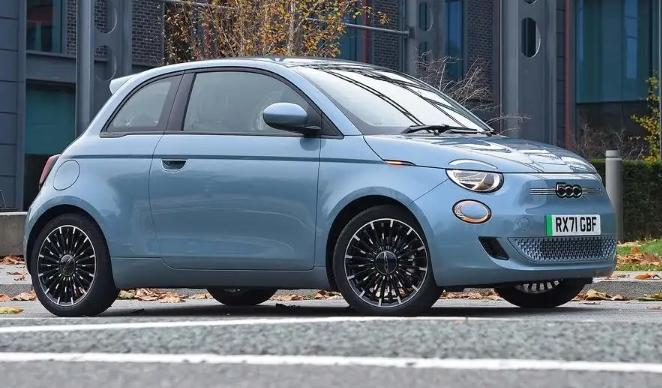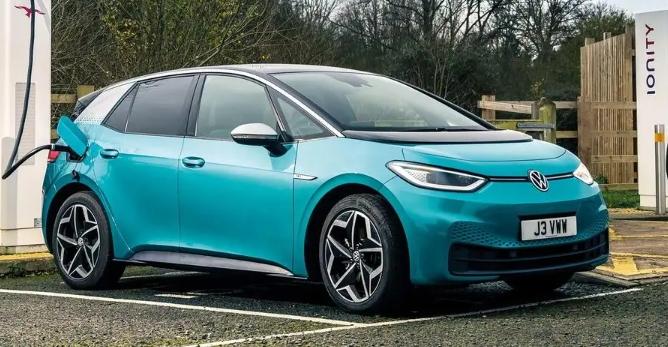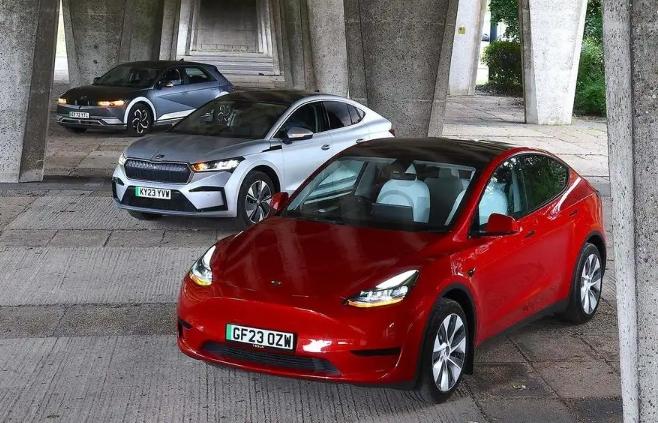The industry is deeply concerned about the slowing sales amidst the ongoing cost of living crisis. Finding solutions to this issue is imperative, but what measures can be taken to address the situation?
There is growing concern that the public’s interest in transitioning to electric vehicles is diminishing due to the cost of living crisis and a surge in anti-electric car rhetoric, which is significantly impacting consumer confidence.
Electric car registrations experienced a notable 32.7% growth in the first half of this year, with an additional 37,719 cars compared to the same period in 2022. However, a significant part of this increase can be attributed to the resolution of the chip crisis and other supply challenges. The overall automotive market has grown by 18.4%, but the growth in electric vehicle market share, which was once exponential and a crucial indicator of market health, has become more modest.
The market share of electric cars has shown steady growth over the years, increasing from 0.9% in 2019 to 4.4% in 2020, 7.2% in 2021, and 14.4% in 2022. As of now, in 2023, electric cars hold a 16.1% market share, which represents a modest rise in comparison to the ambitious goal of achieving 100% by 2035. It also falls short of the government’s mandated target of 22% set for next year.
The causes of the slowdown in electric car uptake
The market share plateau is a result of a decline in private electric vehicle registrations, showing a 20% year-on-year drop and representing less than half of all new car registrations. Notably, only 13% of Volkswagen ID 5s, 21% of Tesla Model Ys, and 41% of Ford Mustang Mach-Es sold this year have been to private customers.

New research from Auto Trader titled “The Road to 2030” highlights a significant 65% year-on-year decline in the number of enquiries to retailers regarding electric cars. Currently, electric vehicle enquiries make up only 9% of the total, in stark contrast to the 27% share observed at the same time last year.
Can grants stimulate electric car demand?
Industry calls for incentives to boost electric car sales among private buyers. Fiat UK boss Damien Dally introduces a £3000 ($ 3862,44) E-grant for 500 EV buyers, emphasizing the need for incentives to accelerate the transition to electric vehicles.
The impact of our E-grant is undeniable: within just one month, we’ve received more interest in the 500 than in the previous five months. Sue Robinson, CEO of the National Franchised Dealers Association, supports reintroducing the plug-in car grant (PiCG), citing its significant role in driving electric vehicle sales.
Despite the introduction of more EV models, the price gap remains a considerable obstacle to widespread adoption. Removing the PiCG in June 2022 was premature and has negatively affected the demand for environmentally friendly BEVs in the UK. A seamless transition towards 2030 hinges on ensuring that electric vehicles remain economically viable.

Would affordable charging solutions boost EV adoption?
Exploring alternative strategies, the Society for Motor Manufacturers and Traders suggests removing 20% VAT on public charging, compared to the 5% VAT for home charging—an approach supported by CEO Mike Hawes and Sue Robinson.
“There is an inherent unfairness in having VAT four times higher for public charging compared to home charging, despite the same amount of energy being used in the vehicle,” says Mike Hawes. “By reducing it, the government would not only address this disparity but also reaffirm its commitment to ensuring a successful transition to electric vehicles.”
